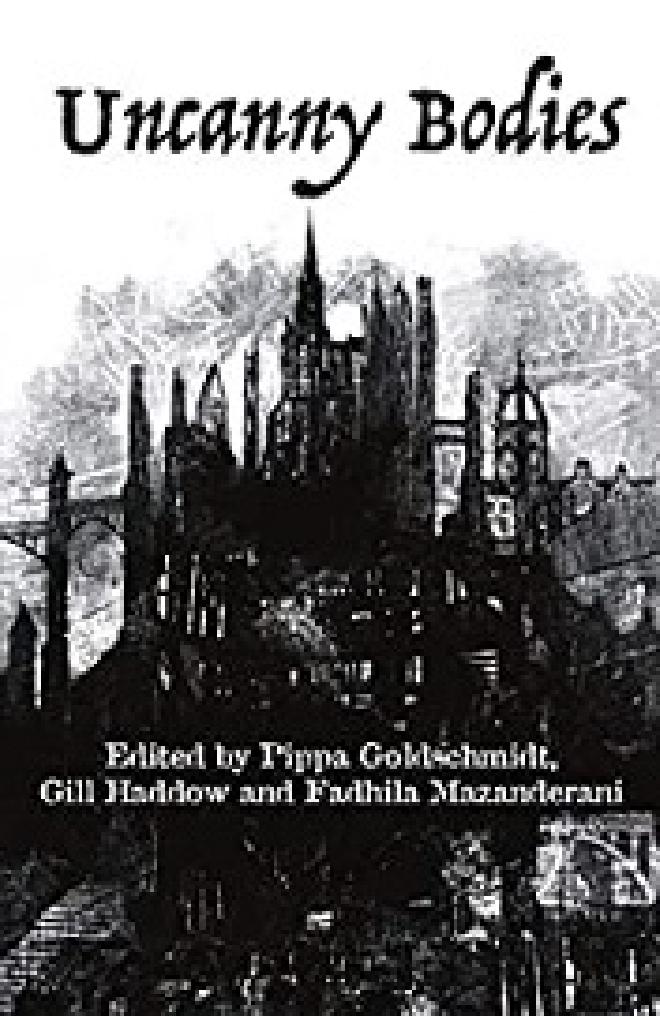
In 1919 Freud wrote an essay about the phenomenon of the uncanny, describing it as ‘not the strange, but the familiar become strange’. The uncanny is a landscape populated by almost-human doppelgängers and dolls; it’s a place where you feel at home; until home turns against you; it might even be your own body alienated from you through illness.
The uncanny has been around for a long time but it’s doing a good job of keeping up to date; when we observe real or virtual robots displaying a human-like degree of realistic behaviour, we often react with revulsion because this ‘uncanny valley’ phenomenon challenges our assumption that humans are unique. Perhaps the uncanny has endured because it undermines simple categorisation. It shifts and changes, always recognisable, always altering. Something that appears to be ‘secure’ starts to slip away. When boundaries can’t be trusted, what can we cling onto?
This is why the uncanny is useful, because it reminds us that our assumptions of what is fixed and coherent are in fact mutable and subject to influence, both internally and externally. It is the usefulness of the uncanny that leads us here, to this anthology. What happens when we stay with the emotion, when we don’t turn away from what disturbs us? And how has the uncanny changed – or remained the same – since Freud’s essay?
This anthology of specially commissioned work by creative writers and academics explores how the uncanny arises in family tensions, how it’s triggered by alienation due to illness, and how machines can heighten our feelings of loss and anxiety. The literary work includes short stories, poems and dramatic dialogues, and many of the academic papers draw upon personal experiences.
The contributors include Alice Tarbuck, Christine De Luca, Jane McKie, Dilys Rose, Neil Williamson, nicky melville, Dr Donna McCormack, Dr Clare Uytman, Professor Ruth Aylett and many more. We were awarded Creative Scotland funding for the development of the work, and the University of Edinburgh generously provided resources.
I co-edited this anthology with Dr Gill Haddow and Dr Fadhila Mazanderani, and it is published by Luna Press.